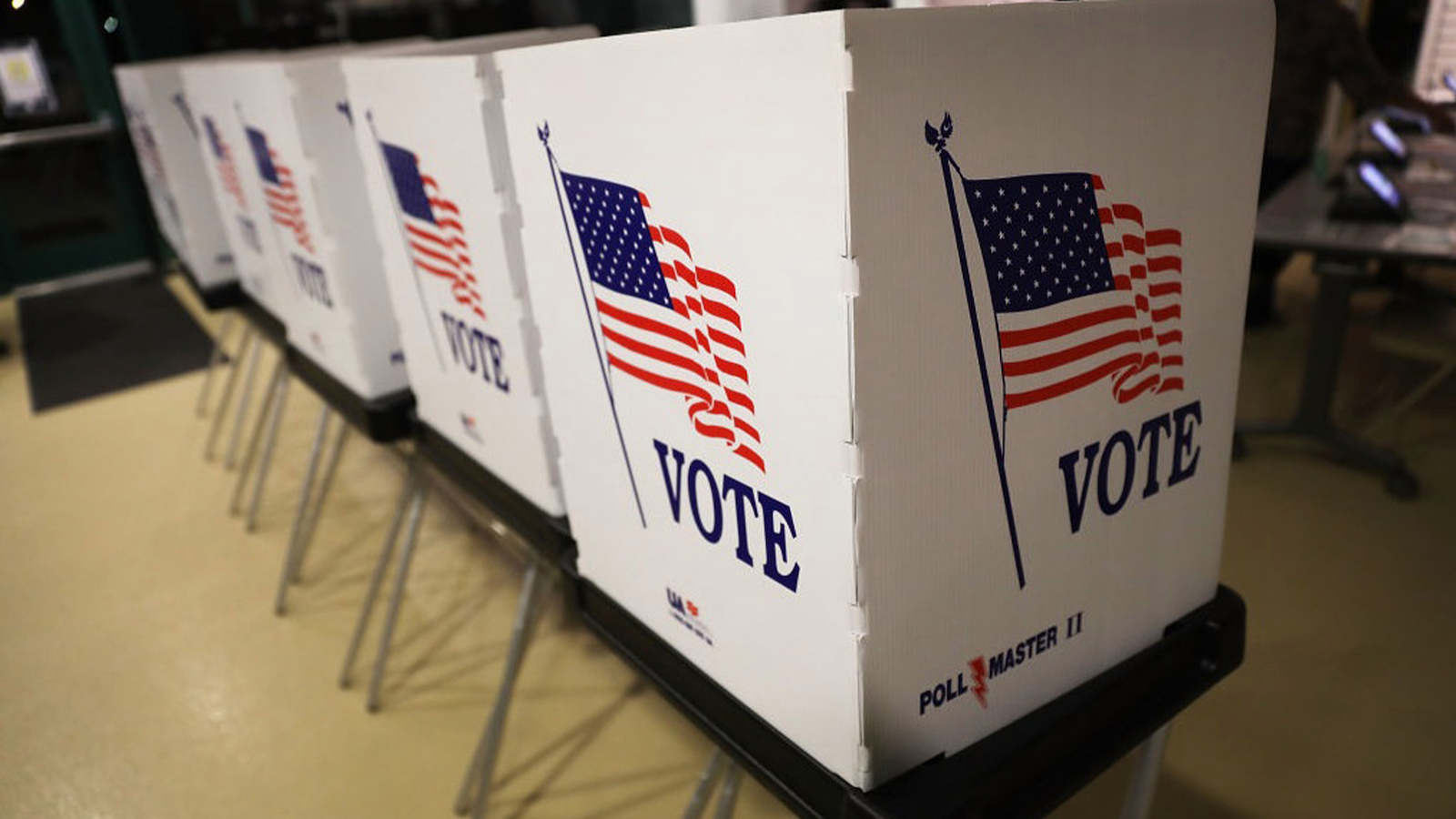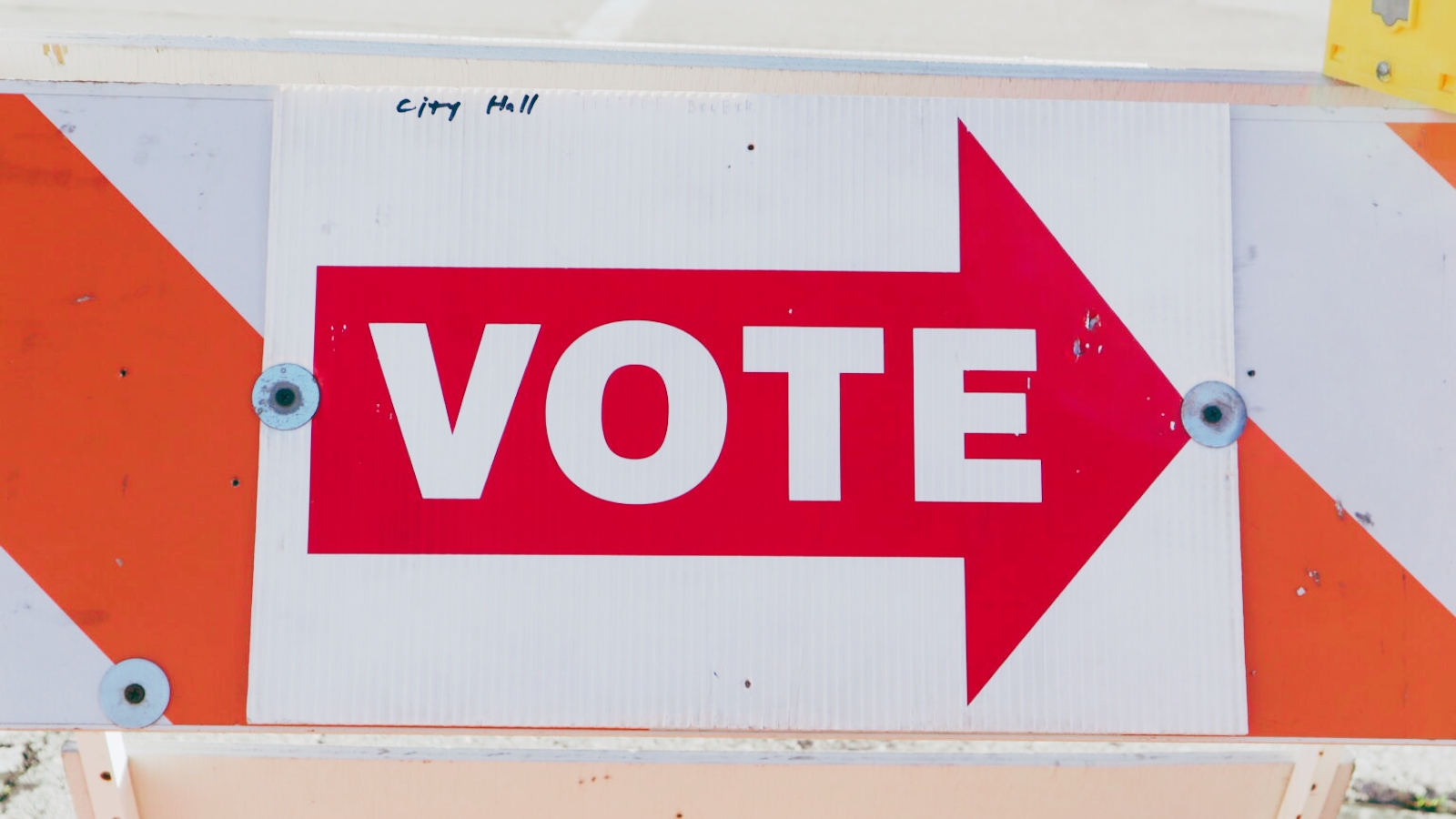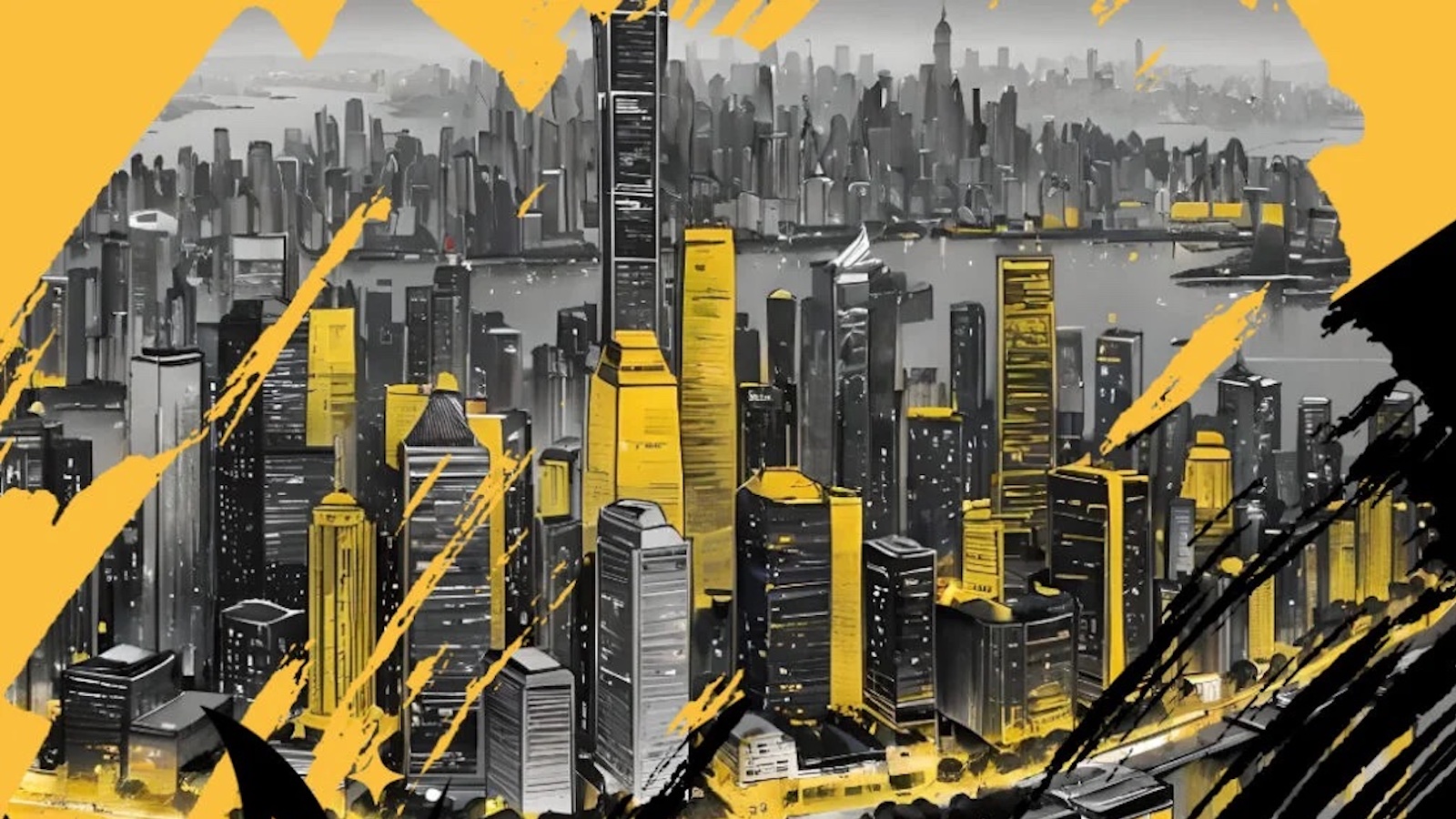
In Washington, Why Vote?
“I’ll gladly trade my personal autonomy for the protection you promise to provide in the event of a crisis.” That’s the message that Washington voters sent to the state capitol in November of 2019. Setting aside the uncanny timing and what you’ve heard of Washingtonians—Seattleites, in particular—does an electorate who votes roughly 2:1 in favor of such an obvious power-grab value democracy or power? To answer that question, consider the mind of a sports fan. If you love, say, basketball, there was a time when you didn’t just want to watch the game; you wanted to play the game. Have you ever met a teenager who loves basketball but isn’t interested in playing professionally? Similarly, when partisans profess their love for democracy, marking a ballot isn’t the game they want to play; they want to be in a position of power or on the receiving end of it. In Washington, those who claim to staunchly support democracy are belied by their actions, which imply that democracy is too slow for achieving their desired ends. Politics is an exploitative sport, and in Washington, there’s no shortage of eager participants.
About four months after Washingtonians voted to amend their constitution—a worthless tool intended to restrict the government’s power, not bloat it—Washingtonians begged the governor to put his new power to good use by shutting down the state. The public outcry was not one clamoring for a debate over tradeoffs; it was a scared reaction and an impatient demand for totalitarian edicts. Like every governor but South Dakota’s, Washington’s was more than happy to indulge the hysterical cowards. Yes, politicians panicked, but their worry had less to do with the virus than with how voters’ perception of it would alter reelection prospects. If politicians couldn’t show that they were delivering their constituents from fear, voters might wonder if democracy is all that it’s cracked up to be. The dominant ideology in Washington relishes unanimity and crushes dissent at any cost. Does that sound like an ideology that comports with democracy’s deliberative process or with the unilateral actions of despotism? To answer that question, I’ll ask another: what’s democratic about executive orders? Again, power, not democracy, is what partisans are after. “Democracy” just sounds nicer than the truth, and no, the justice “system” isn’t immune to the lust for power.
The mask craze began about three months after the first stay-home order. Fear blinded people to the preceding decades’ research that exposes masks as utterly useless in preventing the spread of a respiratory virus, but hysteria and facts don’t mix, just like democracy and consent. The tiny security blanket that the slavish dutifully place on their face distracts the wearer from their nagging cowardice. Everyone, including those most likely to sleep off an infection (the young and healthy), were implicitly conditioned and explicitly told to fear a new virus, and that order was obsequiously obeyed. Reason, we were told, will not soothe our concerns, but masks will. That is why those who refused to be muzzled were viewed as a threat—not a threat to “public health” but to the soothing feeling that masks provide. Three days before Washington’s mask mandate went into effect, a state supreme court justice tweeted, “Ready to comply with the Governor’s Directive on masks,” including a picture of her servile self already donning a cotton mask that reads, “Washington State Supreme Court.” That nauseating tweet was intended to be received in the following manner: “The judicial branch has no plans to check the power of the executive branch because we’re all of the same tree.” Again, no votes were cast, and those with naked smiles were told that they’d find no recourse in the courts. Love of democracy in action?
In October of 2020, Washington’s supreme court unanimously nullified a perfectly legitimate election result, claiming that voters didn’t know what they were doing. Is that not the antithesis of democracy? The partisans didn’t think so. They reacted to the ruling with glee, further proving that democracy is loved only when one’s completed ballot matches the election’s results. Thrilled to see the parasitic class cater to their every fear, Washington’s partisans reelected the governor in November of 2020, sending this message: “For debilitating democracy over the past seven-and-a-half months, we’re excited to see what you’ll do over the next four years.” If democracy is lauded as the best form of government, yet democratic governments are simultaneously exalted for their undemocratic actions, why is it so difficult to acknowledge that democracy is nothing but civilized barbarism? Proponents of compulsory democracy readily admit that their ideology is at odds with market democracy, so the word “democracy” clearly doesn’t describe what its proponents want. What I hope is obvious by now, is that rabid partisans deceptively use the nuance that “democracy” permits in order to disguise what they truly desire—to subsidize the compliant and to destroy the dissenters. “Democracy” is slavery, wherein they envision themselves righteously imposing their will on those too stupid to agree with it. The message for Washingtonians is not to abandon all hope when confronted with democrats; the message is to stop listening to them.
This article originally appeared on Uncle Nap.
Free the People publishes opinion-based articles from contributing writers. The opinions and ideas expressed do not always reflect the opinions and ideas that Free the People endorses. We believe in free speech, and in providing a platform for open dialogue. Feel free to leave a comment.



